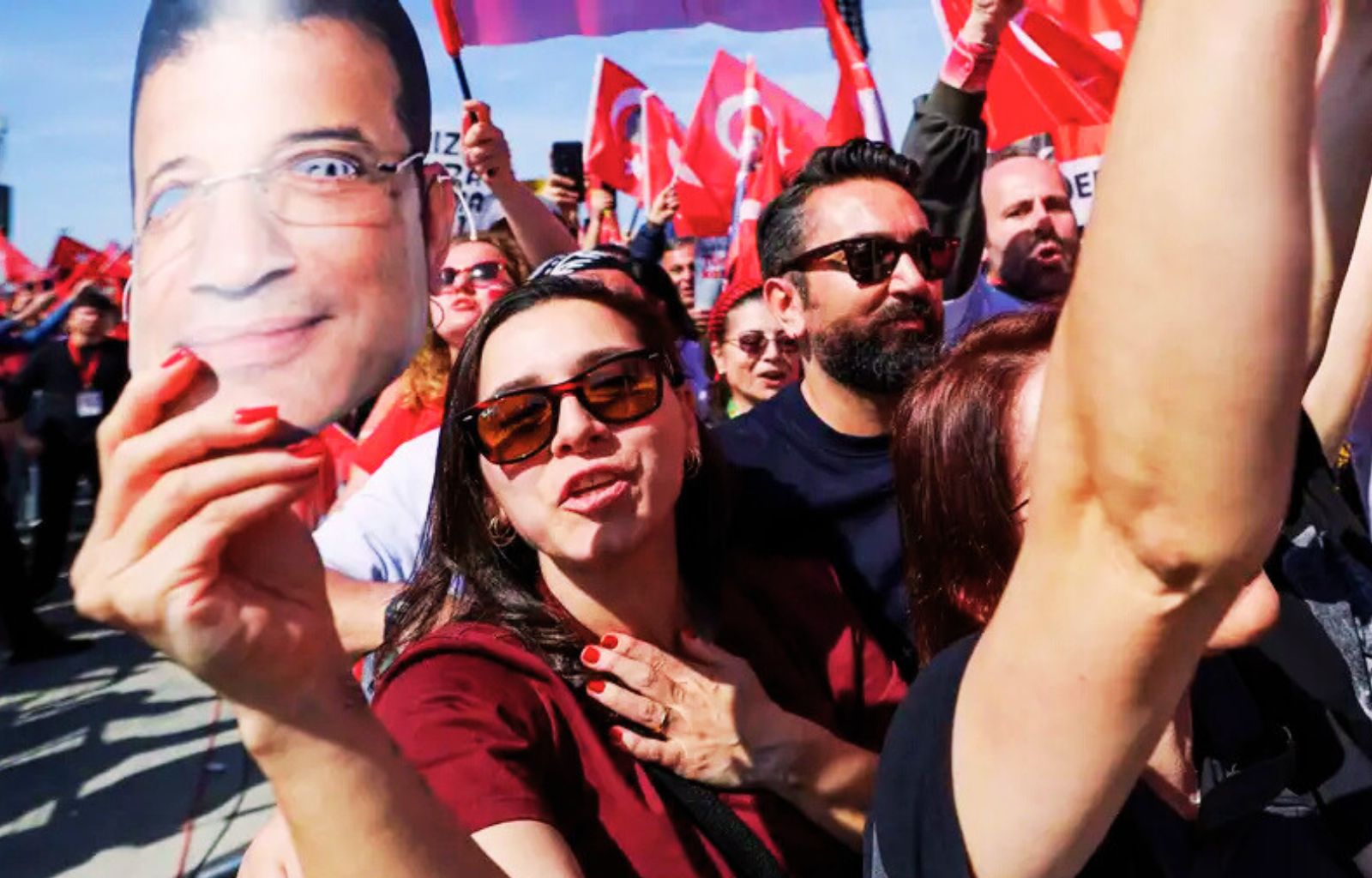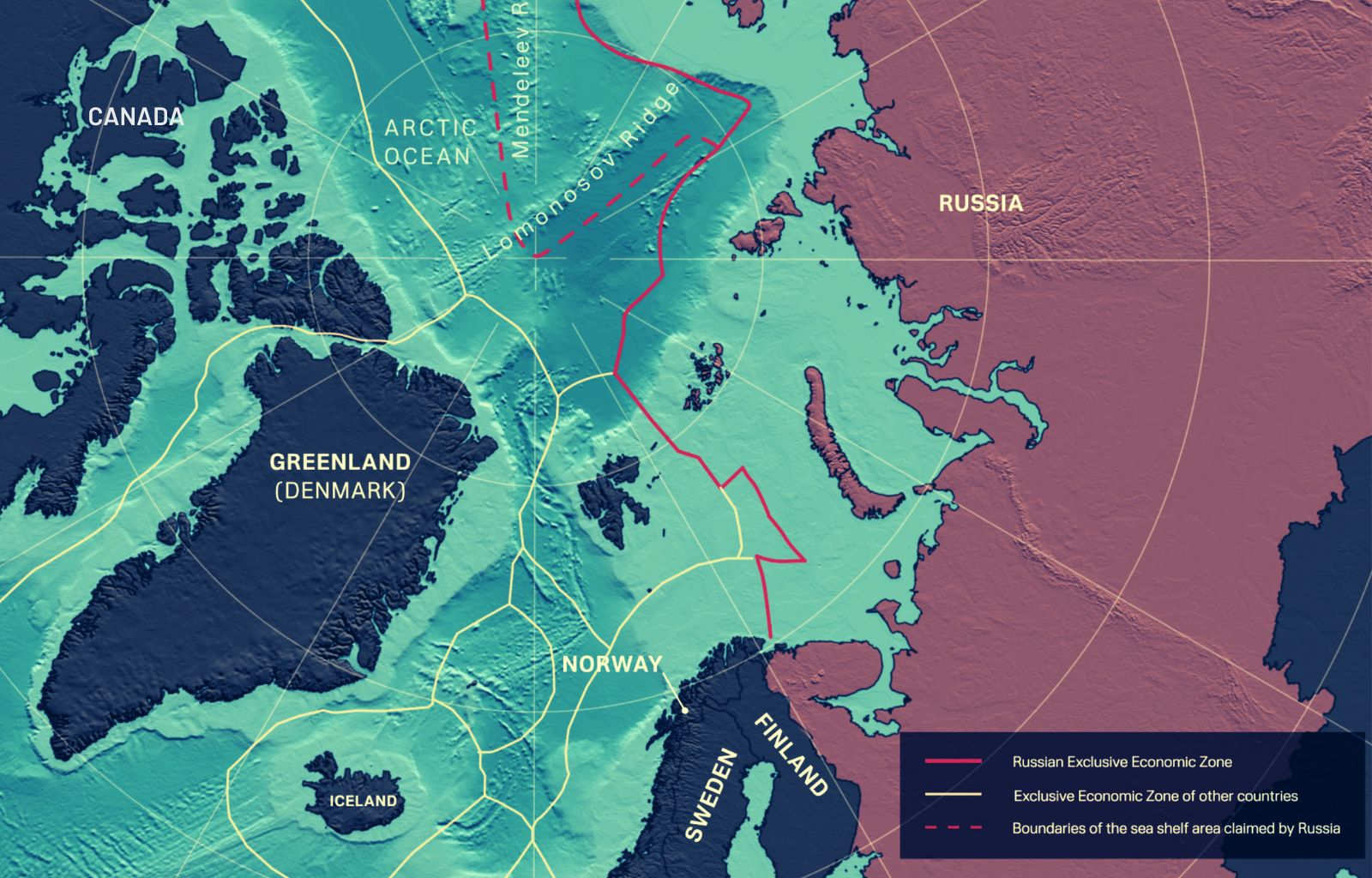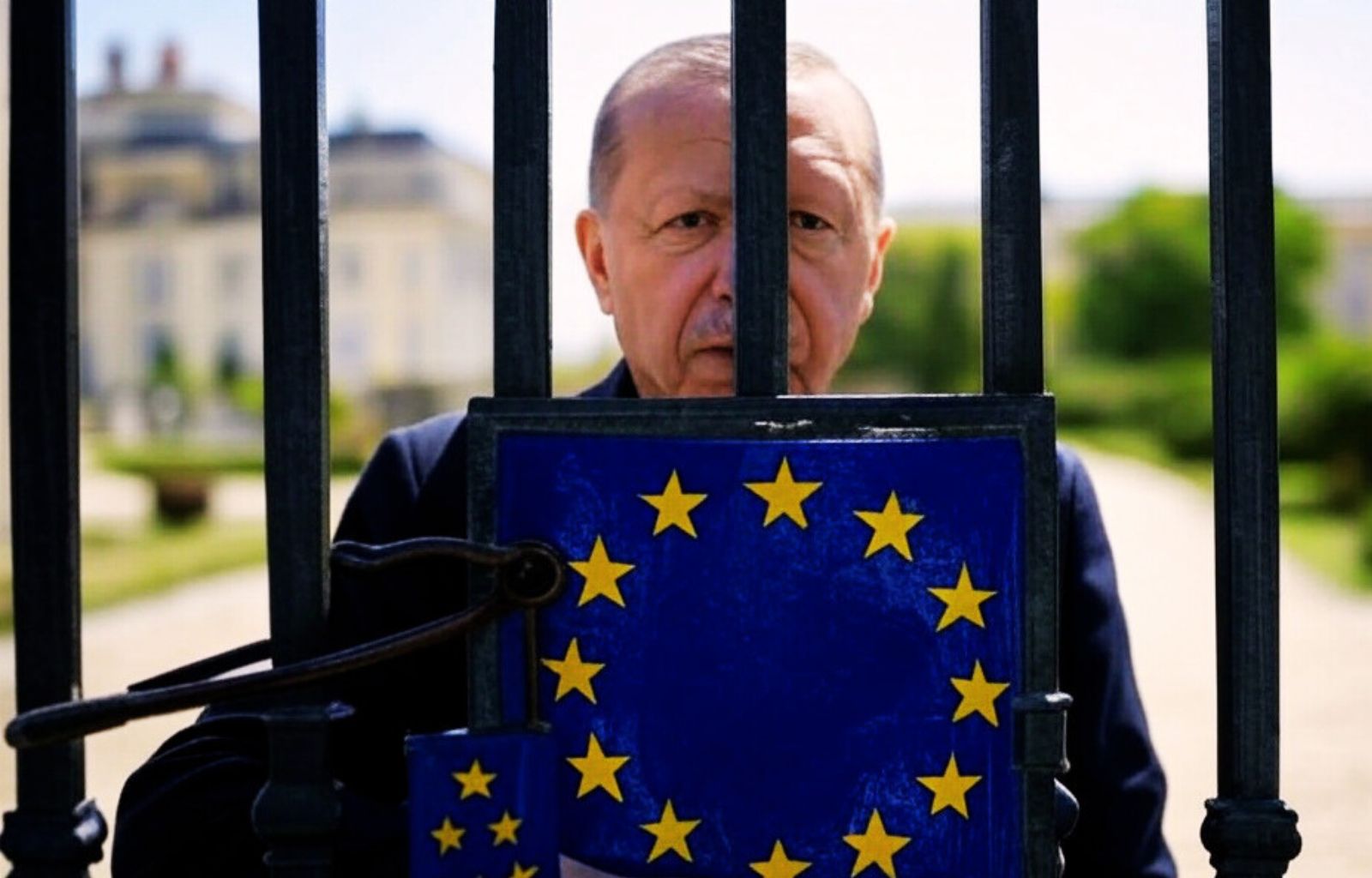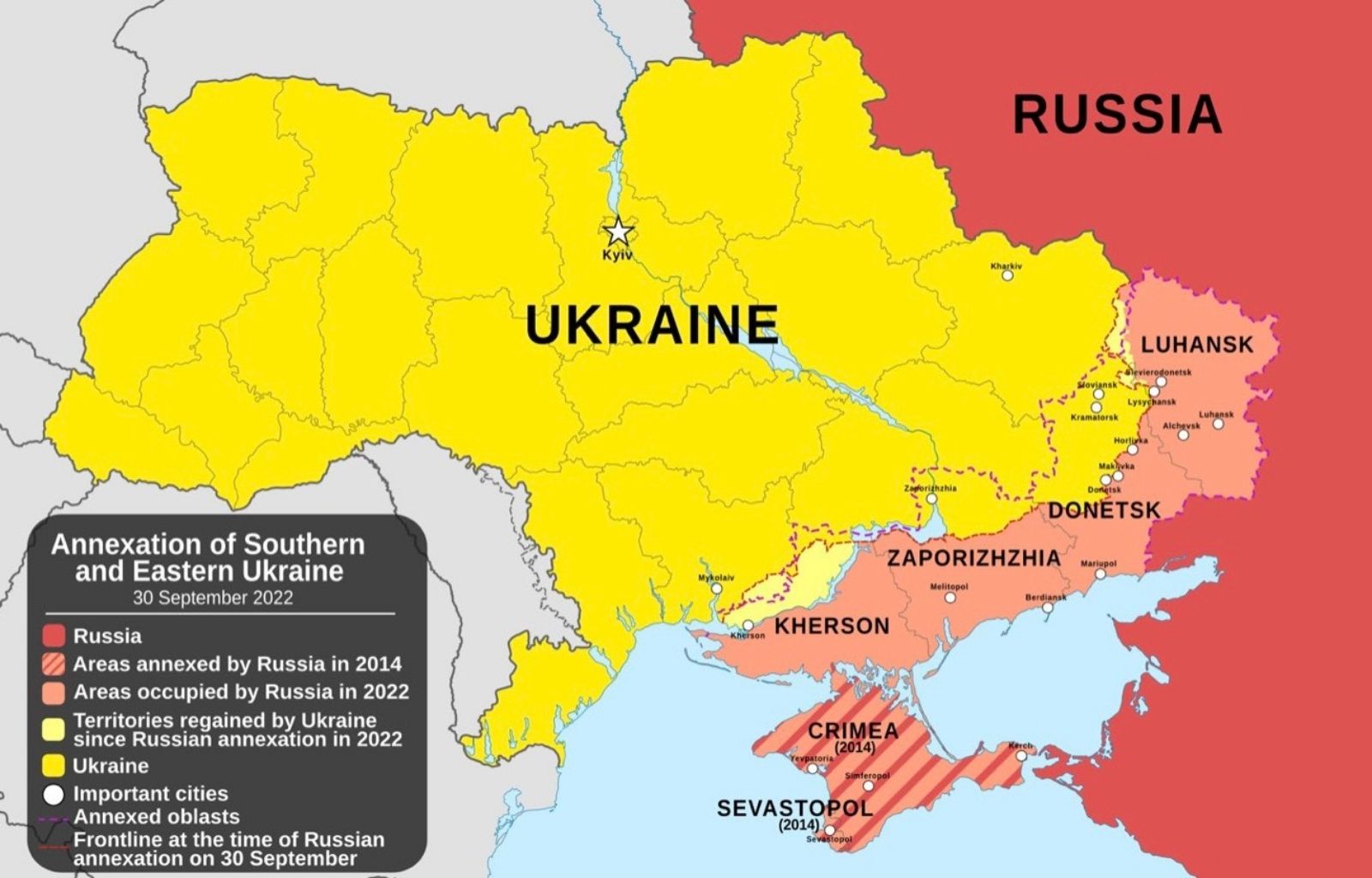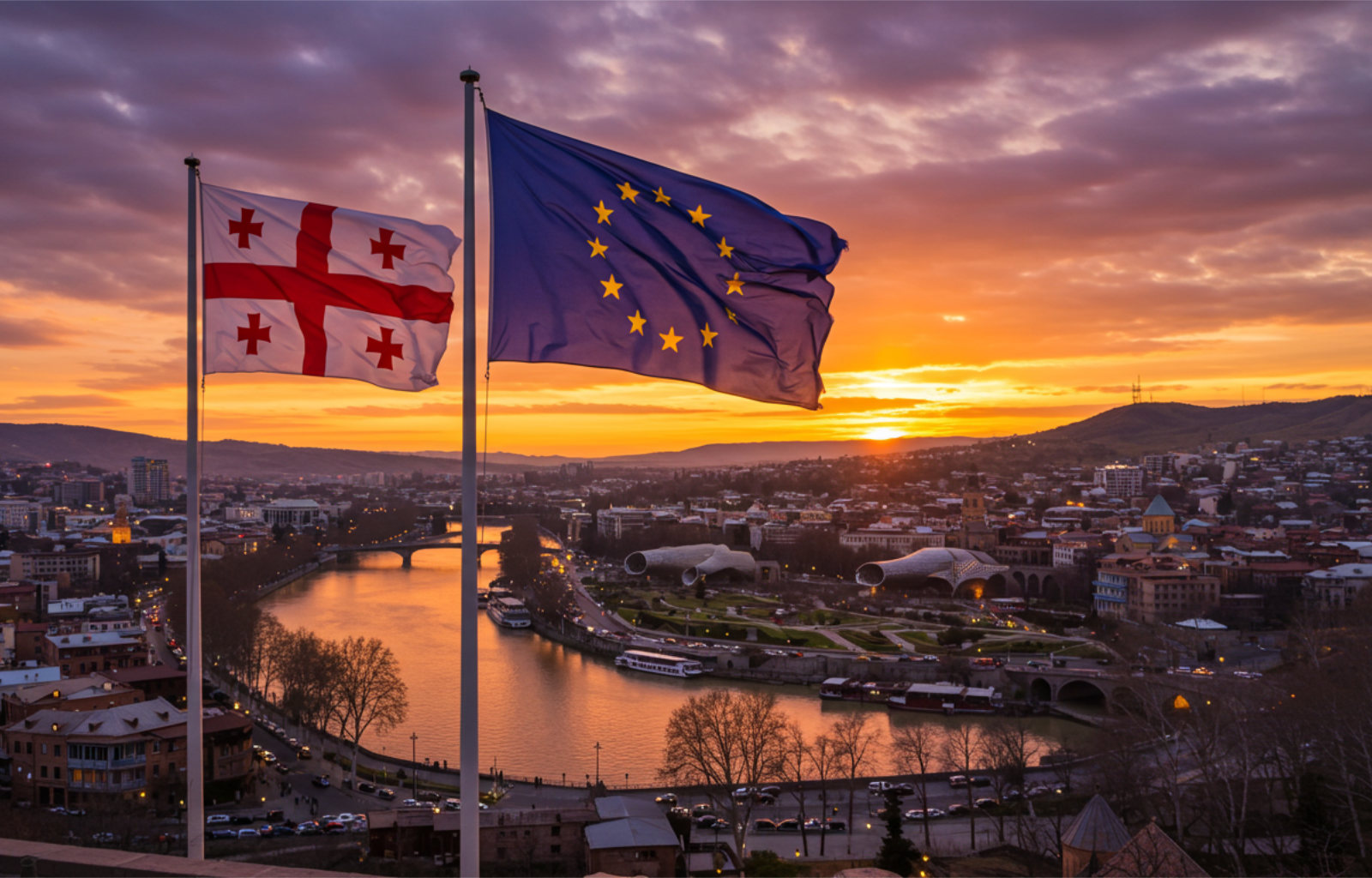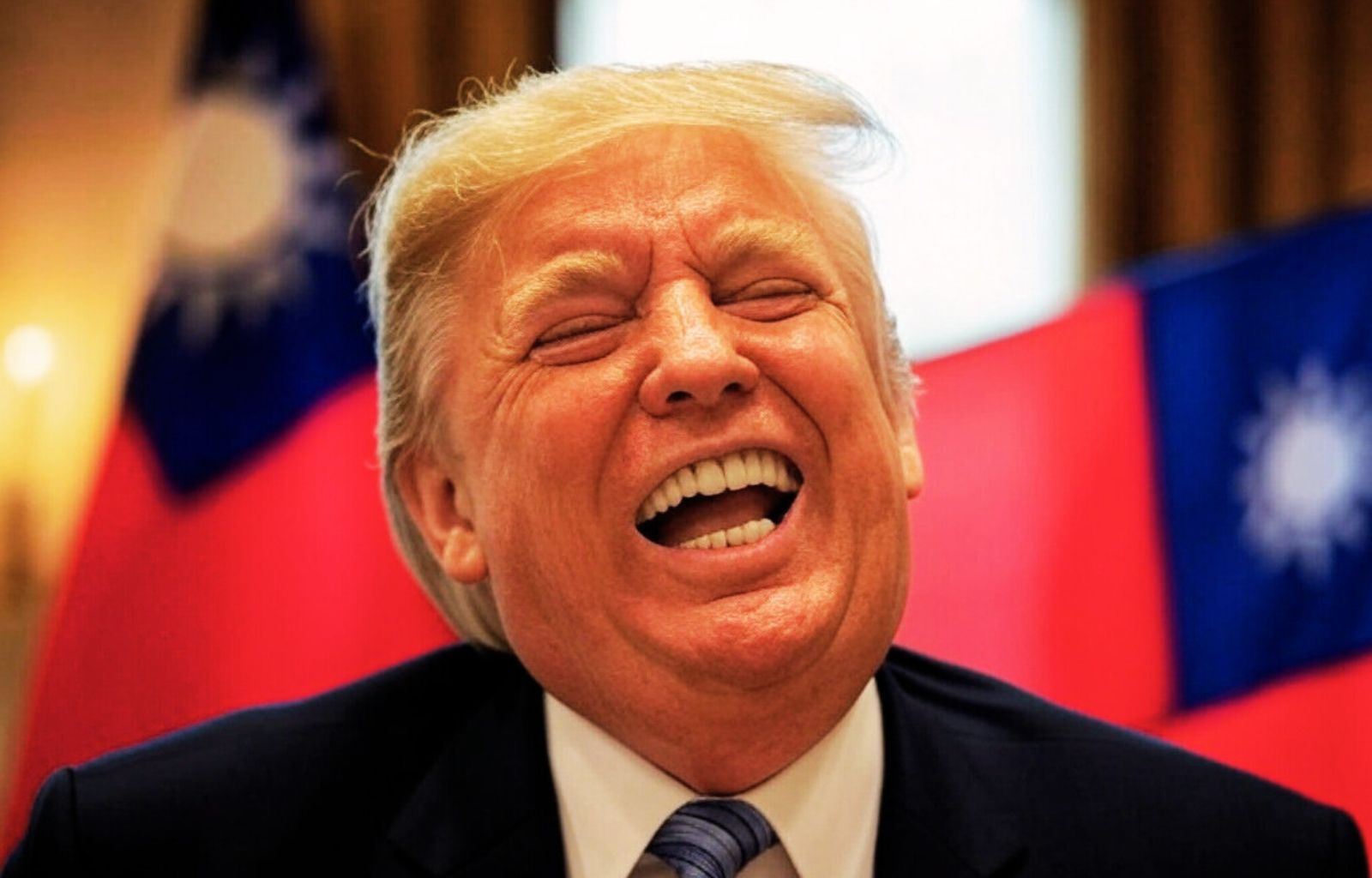Armenia on its way to the EU, between young people’s dreams and Moscow’s deafening silence

Armenia has taken a decisive step towards a possible entry into the European Union. With 64 votes in favour and 7 against, parliament passed a law officially starting the accession process. Prime Minister Nikol Pashinyan has made it clear that a possible EU entry can only take place after a popular referendum. Meanwhile, cautious reactions come from Moscow, a sign that the balance in the Caucasus is shifting.
This is not just a symbolic move. At a time of profound regional uncertainty, Armenia is seeking to redefine its alliances, moving in a new direction that could distance it from its traditional axis with Russia. The decision to turn to Brussels comes in a context of growing disillusionment with the old strategic guarantees.
Yerevan changes course?
It does not imply immediate membership, but marks a clear change of course. Armenia, hitherto linked to Moscow through the Eurasian Economic Union (EEU) and the CSTO military alliance, now looks to Europe with greater interest. This shift is also cultural and value-based: like their neighbours in Georgia, many young Armenians see the EU as a more stable, democratic and modern development model than the Russian sphere.
Behind this turn of events is the growing frustration with Russia, accused of failing to protect Armenia during the recent Nagorno-Karabakh crisis. The Azerbaijani offensive of 2023, which ended without any real reaction from Moscow, left a deep mark on Armenian society. The Pashinyan government has seized on this discontent to begin a strategic repositioning that, although risky, is now difficult to reverse.
The unknowns of the European route
Despite the growing cooperation between Armenia and the EU through theComprehensive and Enhanced Partnership Agreement( CEPA ), Brussels has never promised a real path to membership. The Union tends to be cautious, especially in areas of high tension such as the Caucasus. At present, there is no definite timeframe or official guarantee for future integration.
The path is uncertain and fraught with obstacles. The reforms demanded by the EU concern key areas such as justice, the fight against corruption and the liberalisation of the economy. These are profound transformations, which require resources, time and above all a broad internal consensus. In addition, possible pressure or sanctions from Russia could put a strain on the country’s social and economic resilience.
Moscow’s response
The Kremlin has called Armenia’s European choice ‘a sovereign right’, but there is a lot of tension behind this diplomatic phrase. Russia considers the South Caucasus part of its sphere of influence and will not easily accept a greater Western presence in the region. Yerevan knows this, and is trying to move cautiously to avoid a clean break.
Economic measures or diplomatic pressure cannot be ruled out. Moscow could reduce its military support, increase trade tariffs or interrupt ongoing infrastructure projects. In a still unstable context with Azerbaijan, losing Russian support could have direct consequences for Armenia’s security.

Opportunities and limits for Europe
For the EU, the opening of Armenia is a potential geopolitical lever, but also a new complication. Strengthening its presence in the Caucasus also means increasing its level of involvement in a sensitive region with latent conflicts and an unstable balance.
Europe is already under pressure on several fronts: from the war in Ukraine to tensions in the Balkans and internal economic challenges. Adding Armenia would mean expanding its reach even further, with all the attendant risks. It is no coincidence that the EU’s official reactions have so far been measured, focusing on technical and cooperation aspects, without prejudging a future accession.
For Armenia, however, a rapprochement with the EU would mean access to funds, investment, technology and a more stable market. But the reforms required are demanding, and it is not certain that the public is ready to support them all the way. A part of the country remains culturally and historically tied to Russia, and fears the consequences of an excessively sharp breakaway.
An open challenge
The passing of the law is a clear message: Armenia wants to reduce dependence on Moscow and build new alliances. But the path remains to be built. The road to Brussels will be long, political and uncertain.
A referendum will be decisive in measuring the real popular consensus. Russia is watching carefully, ready to react if it feels its interests are threatened. And Europe will have to decide whether to really welcome Yerevan’s outstretched hand or remain at the window. In any case, the signal is out: Armenia wants to change course and redefine its geopolitical identity.

